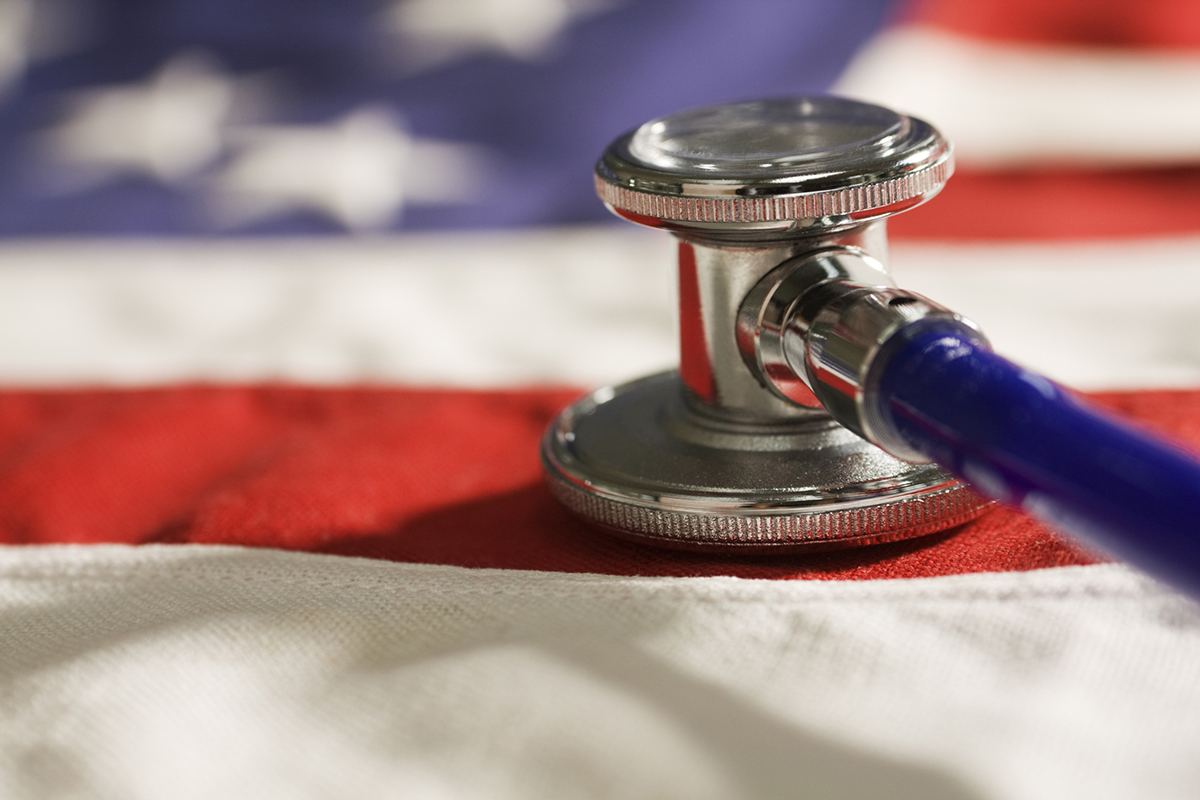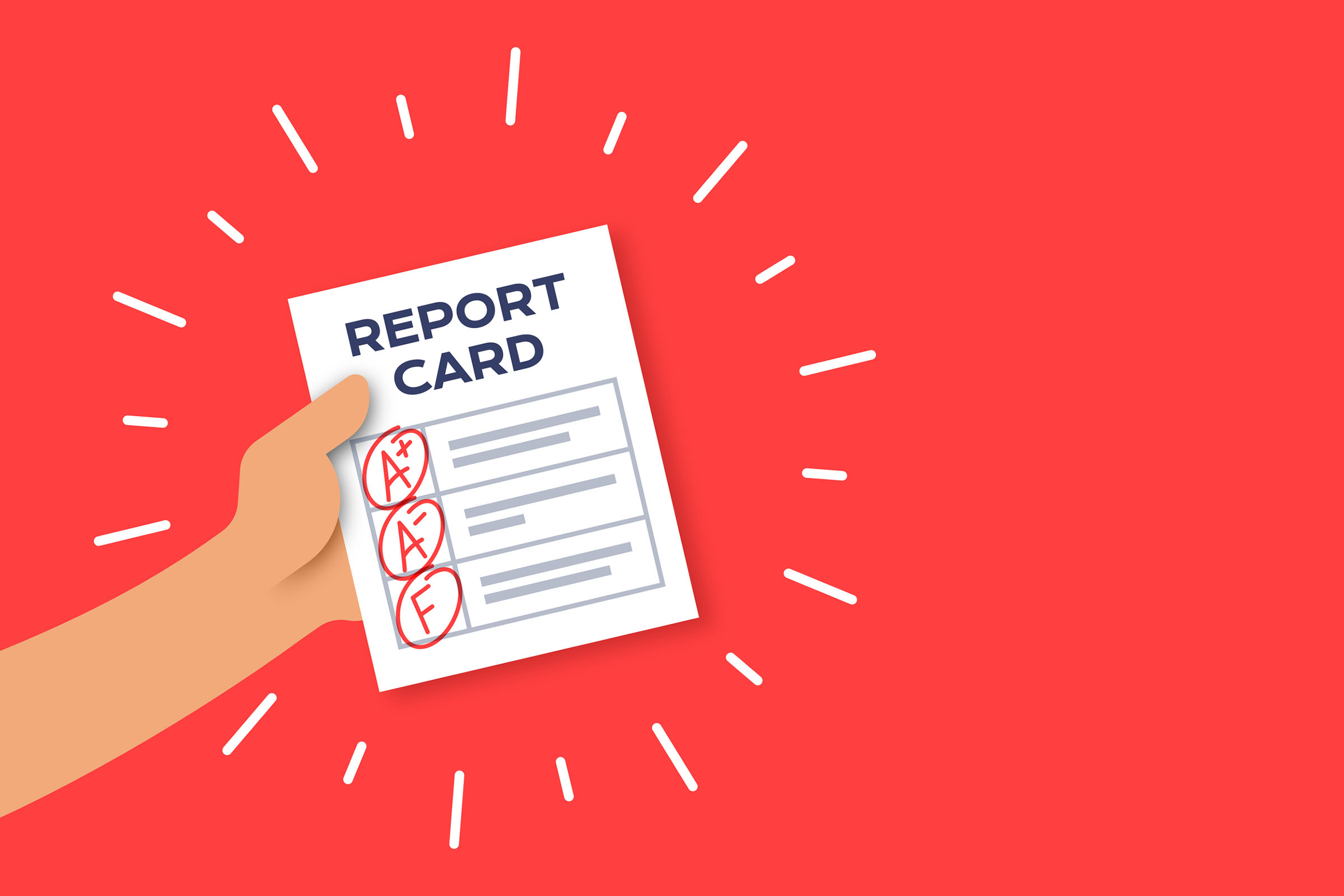For the last two issues, I’ve been sharing my thoughts on the latest picks for the next administration’s key health leadership positions. This week, I’m finishing my review with a few more notable names. Without further ado…
Former Florida Rep. Dave Weldon to helm the Centers for Disease Control
Weldon is a physician and a long-time critic of the health establishment. He believes that vaccine safety deserves more priority:
“Federal agencies charged with overseeing vaccine safety research have failed. They have failed to provide sufficient resources for vaccine safety research. They have failed to adequately fund extramural research. And, they have failed to free themselves from conflicts of interest that serve to undermine public confidence in the safety of vaccines.”
He is likely to call for vaccine research to be taken out of the CDC, which he alleges has an implicit conflict of interest as both vaccine developer and promulgator of vaccine mandates.
Already, opponents’ big guns are trained on him after he expressed concerns over potential vaccine-autism links, and the safety of the HPV vaccine. He’s also an avowed foe of “assisted dying” and 3rd trimester abortions, citing his deep Christian beliefs, sure not to endear him to certain senators reviewing his nomination.
President-elect Trump has touted Weldon’s independence:
“Americans have lost trust in the CDC and in our federal health authorities, who have engaged in censorship, data manipulation, and misinformation,” Trump said. “Given the current Chronic Health Crisis in our Country, the CDC must step up and correct past errors to focus on the Prevention of Disease.”
Jay Bhattacharya for Director of the National Institutes of Health (NIH)
They say that “turnaround is fair-play”—and Bhattacharya’s nomination is certainly an example of karmic revenge. He was a co-author of the controversial Great Barrington Declaration (which I and 940,000 health professionals signed onto during the early months of the pandemic) that called for less-stringent lockdowns and selective prioritization of the vulnerable for sequestration measures to minimize societal damage. It emphasized herd immunity, not just vaccines, masking, and forced quarantines as a way to mitigate harm.
In retrospect sensible, Bhattacharya’s Covid lockdown skepticism was harshly contested by Anthony Fauci and Francis Collins, then-head of the NIH. They thought to quash the Great Barrington Declaration by branding it “disinformation” and by enlisting government-enabled social media censorship; doctors who enunciated it faced censure and sometimes professional discipline or firing.
But Bhattacharya has said: “The government was the primary source of misinformation during the pandemic, and the government censored dissidents and critics to hide that fact.” Them’s fightin’ words!
It can’t be claimed that, like RFK Jr. he’s merely a dilettante without the rigorous credentials to wade into medical controversies. According to his Wikipedia bio:
“He’s an Indian-born physician and economist who is a professor of medicine, economics, and health research policy at Stanford University. He is the director of Stanford’s Center for Demography and Economics of Health and Aging. His research focuses on the economics of health care.”
Upon his nomination he tweeted, “I am honored and humbled by President @realDonaldTrump’s nomination of me to be the next @NIH director. We will reform American scientific institutions so that they are worthy of trust again and will deploy the fruits of excellent science to make America healthy again!”
In a 2023 interview with Bari Weiss, he gave a powerful explanation for finding the courage to speak out:
“My purpose in my life is not to win awards. I’m a Christian. I’m a believer. If I sacrifice my life to benefit others, that’s a life well-lived. My self-worth is not in my status. It just isn’t… My self-worth is in ‘Have I lived a life worth living? Have I lived a life for others?’ It’s not like it makes me happy to lose my career reputation. That’s not what I want. But I can look back on what I did and say, ‘Look, I did what I was supposed to do. I served my real purpose. My purpose is not to get another line in my CV.’ And, I think, that’s the main thing. I have a family that loves me. Even if I get called ‘fringe’ by the head of the NIH, I’m still doing what I’m supposed to do.”
Marty Makary to lead FDA
RFK Jr. has the FDA in his crosshairs; prior to his nomination he issued this battle cry:
“FDA’s war on public health is about to end. This includes its aggressive suppression of psychedelics, peptides, stem cells, raw milk, hyperbaric therapies, chelating compounds, ivermectin, hydroxychloroquine, vitamins, clean foods, sunshine, exercise, nutraceuticals and anything else that advances human health and can’t be patented by Pharma. If you work for the FDA and are part of this corrupt system, I have two messages for you: 1. Preserve your records, and 2. Pack your bags.”
It’s rhetoric like this that may come back to haunt RFK Jr. during his approval hearing. Marty Makary will probably attempt to finesse change with less hyperbole. With credentials aplenty—accomplished cancer surgeon at Johns Hopkins University, former editor of MedPage, possessor of a Master’s degree in Public Health from Harvard, member of the National Academy of Medicine, author of numerous books on addressing America’s healthcare crisis, a prolific researcher having authored over 250 peer-reviewed papers, and advisor to Sidecar Healthan insurance provider that aims to lower customer costs by eliminating provider networks and drug formularies—Makary knows his way around the pharmaceutical industry, and is ideally suited to streamlining the FDA.
In sync with RFK Jr. and other nominees, he’s a critic of the current medical paradigm. His latest book, Blind Spots: When Medicine Gets it Wrong and What it Means for Our Health, is an indictment of groupthink that impedes rational reform of our healthcare system.
“Much of what the public is told about health is medical dogma — an idea or practice given incontrovertible authority because someone decreed it to be true based on a gut feeling,” Makary writes.
More recently, he asserted: “The reason people don’t trust the medical establishment is because it lied to them.”
Makary is likely to be an ally in implementing Trump’s healthcare platform as enunciated in his “Agenda 47” which promises, “a special Presidential Commission of independent minds who are not bought and paid for by Big Pharma, and I will charge them with investigating what is causing the decades-long increase in chronic illnesses.”
Supplement industry insiders are cheered by Makary’s nomination, believing that he will be more congenial to natural products. But the outgoing FDA Commissioner, Robert Califf, warns that bureaucratic inertia will present an obstacle to radical change:
“The tradition in 99.95 percent of FDA decisions about individual products is that those decisions are made by career civil servants . . . The commissioner actually has no role in that unless there’s an internal dissent and an appeal, or in some cases, an external appeal that makes it all the way up to the commissioner level.”
Typically, former commissioners of FDA use the revolving door to score lucrative posts as fixers for drug companies. Scott Gottlieb leveraged his government post to score a job as vaccine apologist for Pfizer. I suspect Makary, with a career as an outspoken reformer, won’t succumb to that temptation.
If confirmed, we’ll see if Makary can make an impact. It’ll be a challenge to stand up to Big Pharma.
Lee Zeldin for EPA Commissioner
While not strictly a health agency, the Environmental Protection Agency has a major impact on Americans’ well-being. It defines policy that regulates industrial polluters and sets thresholds for environmental toxins—which many believe are already unduly lax. EPA has been in the forefront of implementing the Biden administration’s climate policies. In selecting Zeldin, President-elect Trump has picked a popular Blue State Republican ex-Congressman with few deal-breaker environmental stances to derail his confirmation outright.
But his nomination has already ignited fierce opposition from environmental groups. While favoring some measures to protect his home constituency of Long Island from threats to its ecosystem and fisheries, he’s an avowed foe of aggressive climate change measures, which squares with Trump’s emphasis on rolling back restrictions on energy production and EV mandates—though he once opposed Trump’s plan to reinstate offshore drilling. On the plus side, he supported a bipartisan bill to limit PFAS pollution, and occasionally bucks his party on environmental issues.
A skilled communicator, Zeldin’s job will be to sell Americans on loosening environmental strictures to boost economic growth while reassuring them that safeguards on clean water and air won’t be jettisoned.
Expect a stormy confirmation hearing for Zeldin as climate activists and environmentalists grill him on his record, but his political savvy is likely to enable him to prevail. Should both he and RFK Jr. be confirmed, an inter-agency tug-of-war may ensue over regulation of chemical polluters. Another area of possible friction: The EPA oversees the safety of the herbicides used on GMO plants, like glyphosate, which Kennedy has targeted.
It’s unlikely that, as some people fear, Zeldin will preside over the dismantling of the EPA. At 48, he’s young enough to contemplate a political future in his home state of New York, as a candidate for governor or senator, where his legacy of accomplishments at EPA will come under scrutiny by liberal voters.
As President of the Alliance for Natural Health (ANH), I am optimistic about the prospects for advancing our goals—freedom of choice in healthcare, access to natural products, protection of our food supply and environment, and free speech about health options—with an administration that appears, at least for now, philosophically aligned with our goals. As a non-partisan organization, we welcome opportunities to align with natural health advocates on either side of the aisle who seek to further our agenda. Join me in supporting ANH and register for our newsletter.








